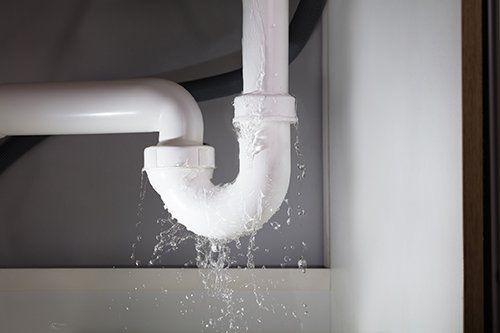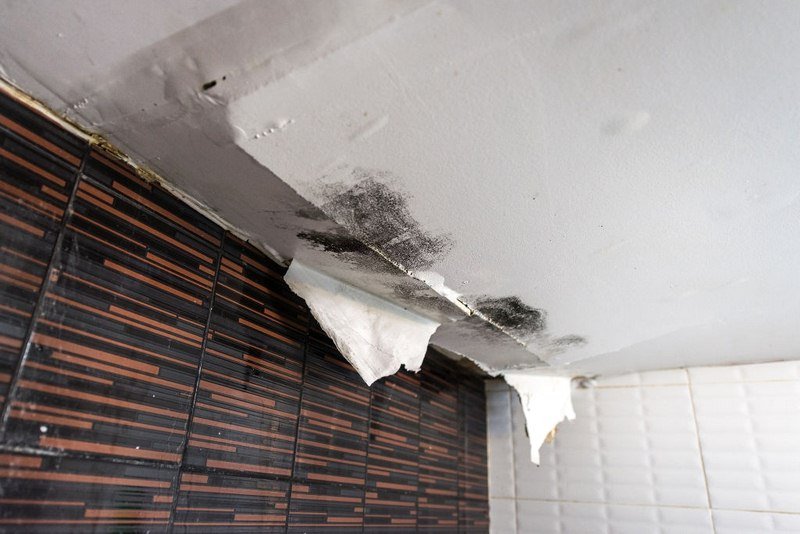Understanding the Six Most Common Water Leak Causes in Your Home
Understanding the Six Most Common Water Leak Causes in Your Home
Blog Article
We have stumbled upon this great article relating to How to Find Water Leaks listed below on the net and figured it made good sense to talk about it with you on this page.

Leaks not only create waste of water yet can likewise cause unneeded damages to your residence as well as promote undesirable organic development. By recognizing as well as looking for day-to-day circumstances that cause leakages, you can safeguard your home from future leakages and unnecessary damages.
Instant temperature level modifications.
Severe temperature modifications in our pipes can trigger them to expand as well as contract suddenly. This development and tightening might cause splits in the pipes, particularly if the temperature level are below freezing.
Rusty water supply
As time passes by, your plumbing system ages and rust such as corrosion might start eating away the pipelines. This could be the reason for staining or warping on your water pipes. This requires an inspection with your plumber promptly. Take into consideration changing the pipes considering that they are at a greater threat of corrosion than the newer designs if our plumbing system is old.
Defective Pipe Joints
The factor at which your pipelines attach is regularly the weakest link in the waterline. Pipeline joints can deteriorate over time, resulting in water leakages. However, most of pipeline joints are not conveniently visible. If you have noisy pipes that make ticking or banging noises, particularly when the warm water is switched on, your pipe joints are most likely under a great deal of stress. It is suggested to have your plumber evaluate your system annually.
Encroaching origins
A lot of water leaks start outside the house rather than inside it. If you notice a sudden reduction in water pressure, state in your tap, take some time to head out as well as examine your lawn. You may notice damp spots or sinkholes in your backyard, which might mean that tree roots are invading water lines causing water to seep out. You can have your plumber check for breach, specifically if you have trees or shrubs near your residential property.
Poor Water Connectors
Sometimes, a leak can be triggered by loosened pipes and pipelines that supply your devices. Usually, moving is what triggers the loose water Links. You might locate in the case of a cleaning equipment, a pipe might spring a leakage as a result of trembling during the spin cycle. In case of a water connections leakage, you might observe water running directly from the supply line or pools around your appliances.
Clogged Drains
Blocked drains pipes might be bothersome as well as inconveniencing, but they can occasionally end up creating an overflow leading to break pipes. Maintain getting rid of any type of products that might go down your drains pipes that could block them to stay clear of such aggravations.
All the above are root causes of leakages however not all water leakages result from plumbing leaks; some leakages might originate from roofing system leakages. All leaks ought to be fixed instantly to stay clear of water damages.
Leaks not only cause waste of water however can additionally cause unnecessary damage to your house as well as advertise undesirable organic growth. By recognizing and also looking for daily situations that trigger leakages, you can shield your home from future leaks and unnecessary damage. Today, we will certainly look at 6 leak causes that may be causing your pipes to drip.
At times, a leak can be created by loosened tubes and also pipelines that provide your appliances. In case of a water connections leakage, you might observe water running directly from the supply line or puddles around your home appliances.
How To Check For Water Leak In Your Home
How To Check for Leaks
The average household's leaks can account for nearly 10,000 gallons of water wasted every year and ten percent of homes have leaks that waste 90 gallons or more per day. Common types of leaks found in the home are worn toilet flappers, dripping faucets, and other leaking valves. These types of leaks are often easy to fix, requiring only a few tools and hardware that can pay for themselves in water savings. Fixing easily corrected household water leaks can save homeowners about 10 percent on their water bills.
To check for leaks in your home, you first need to determine whether you're wasting water and then identify the source of the leak. Here are some tips for finding leaks:
Take a look at your water usage during a colder month, such as January or February. If a family of four exceeds 12,000 gallons per month, there are serious leaks.
Check your water meter before and after a two-hour period when no water is being used. If the meter changes at all, you probably have a leak.
Identify toilet leaks by placing a drop of food coloring in the toilet tank. If any color shows up in the bowl after 10 minutes, you have a leak. (Be sure to flush immediately after the experiment to avoid staining the tank.)
Examine faucet gaskets and pipe fittings for any water on the outside of the pipe to check for surface leaks.
Undetected water leaks can happen without the home or business owner even realizing. If you suspect a water leak, but not able to find the source. It is time to contact a professional water leak detection service, The Leak Doctor.
How To Find a Water Leak In Your Home
https://www.leakdoctor.com/blog/How-To-Check-For-Water-Leak-In-Your-Home_AE197.html

We were made aware of that article on How to detect water leaks in your home through an acquaintance on our other domain. Sharing is caring. Helping people is fun. Thank you for your time spent reading it.
Get Estimate Report this page